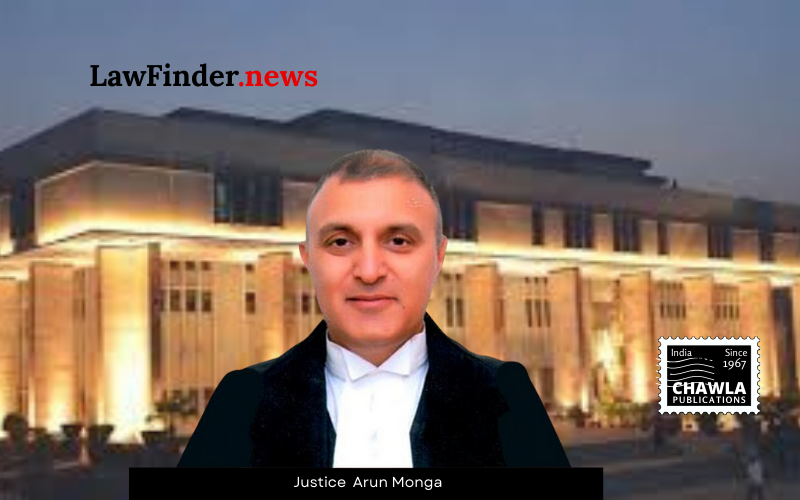Court Upholds Trial Court's Decision, Imposes Costs for Misuse of Judicial Process
In a significant judgment, the Delhi High Court dismissed a petition seeking to summon additional family members as accused in a child sexual abuse case. The court upheld the earlier decision of the Additional Sessions Judge (ASJ), Saket Courts, which rejected the application filed by the mother of the victim under Section 319 of the Code of Criminal Procedure (CrPC). Justice Arun Monga of the Delhi High Court emphasized that no fresh or substantive evidence emerged during the trial to justify such summons, and the application was deemed an abuse of judicial process.
The case, originating from an FIR registered in 2020 at Malviya Nagar Police Station, involved allegations of sexual abuse by the victim's father and cousin. The mother of the victim, embroiled in a contentious matrimonial dispute, sought to implicate the victim's grandmother and paternal aunts, alleging their knowledge and suppression of the abuse. However, the court found that the victim's testimony was inconsistent and lacked corroboration, failing to meet the threshold required under Section 319 CrPC for summoning additional accused.
The court noted that the power to summon additional accused under Section 319 CrPC is discretionary and should be exercised sparingly, only when new, credible evidence emerges during the trial. The victim's testimony did not reveal any new facts beyond what was already known, and the allegations were considered vague and unsubstantiated.
Furthermore, the court observed that the application appeared to be driven by the mother's personal vendetta against her estranged husband, rather than a genuine pursuit of justice for the child. The court criticized the misuse of the judicial process as an attempt to harass and drag innocent family members into criminal proceedings. Emphasizing the need to protect the rights of the accused, the court highlighted that unwarranted summoning based on insufficient evidence could result in harassment and prolongation of the trial.
In addition to dismissing the petition, the court imposed costs of Rs. 10,000 on the petitioner, payable to the Delhi Legal Services Authority, as a deterrent against frivolous litigation. The court's decision underscores the importance of safeguarding the integrity of judicial proceedings and ensuring that the process is not exploited for personal vendettas.
Bottom Line:
Section 319 CrPC (corresponding to Section 358 of Bharatiya Nyaya Sanhita) empowers courts to summon additional accused during a trial if fresh, cogent, and credible evidence emerges. However, such power must be used sparingly and only when the evidence meets the threshold of prima facie conviction, not mere suspicion or general allegations.
Statutory provision(s): Section 319 CrPC, Section 21 Protection of Children from Sexual Offences Act, 2012
Ms Am v. Government of State of GNCT of Delhi, (Delhi) : Law Finder Doc Id # 2785617




